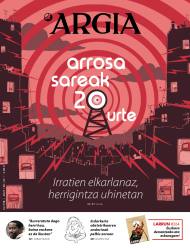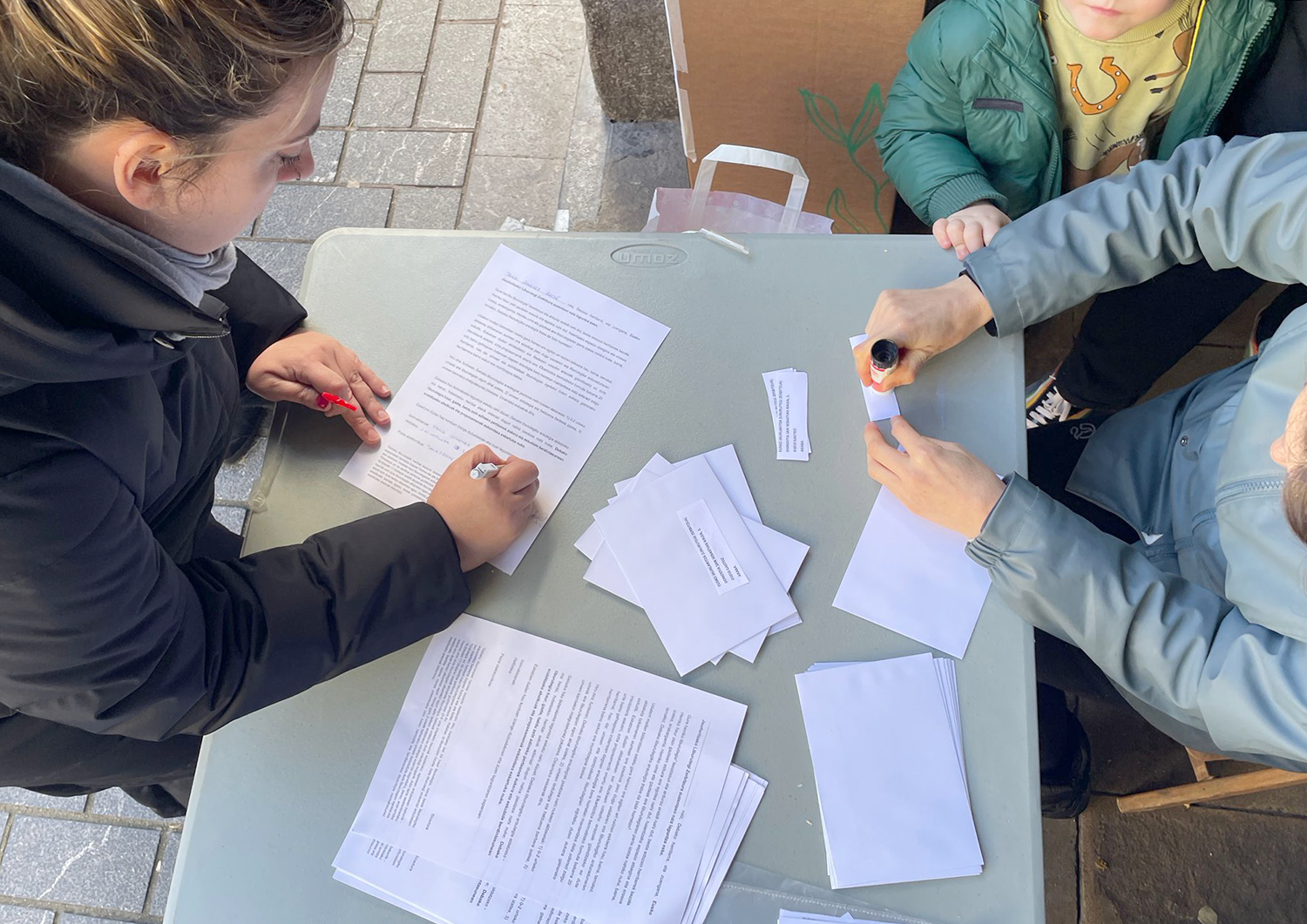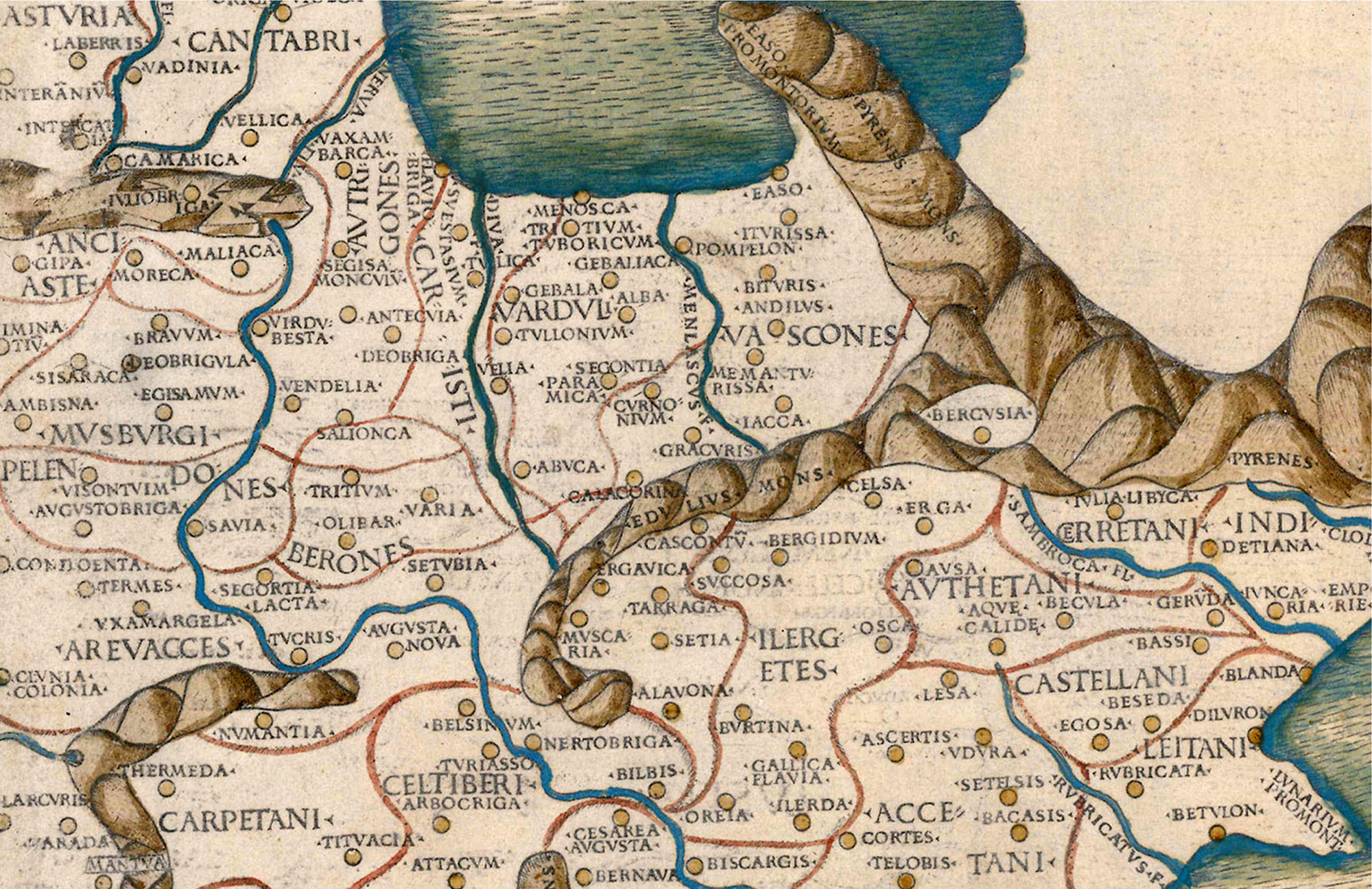Type of people
.jpg)
Asun Garikano and the editorial Pasazaite translate the narrations of Carson McCullers. The best known work of this author was The heart is a lonely hunter (1940), a lonely hunter who published ten years later. In his works we find an atmosphere in the south of the United States filled with unusual, rare, marginal characters... In fact, because of these two characteristics, they use the Southern Gothic to describe their works.
In these seven stories we will find protagonists with a humid warm climate or crazy wind, among others. The first and last stories are located in a cafeteria and, despite the dark tone of the title of the collection (The Sad Coffee Ballad), the cafeteria appears in two stories as an intimate meeting point: “Within it, although with a brief space, coffee seemed a joyful and colloquial place after the red, solitary streets, because in this world is worth the emptiness.”
The characters and their experiences will bring to these folios a relaxed or conflictive environment – rebels, irritated jockey, alcoholic mother, or scandal philosopher. The author brings the “others” to the center of stories, which violate social norms, and shows us the relationships with their environment, questioning normality: “He also had his curiosities.”
The descriptions of situations and bodies predominate, such as the expressiveness of the protagonists' hands: closing the fists, hooking fingers or making noise with knuckles. Through concrete facts, we will be able to gain universal themes, a reflection on the passage of time or love will be proposed. The narrative voice will speak directly to the reader occasionally, putting the narrative mechanisms of history in view and dosing the information.
Child prodigy shows us the pressure of being ‘special’, and the ‘free soul’ past that returns to his hometown at his father’s funeral is in front of him questioning his present. But I would like to end by recommending Madame Zilensky’s story, in which the clash between the light and the dark mentioned, but also between reality and fantasy, in short, of the bittersweet of life appears.
Party and recreation. Oral History of Rock Radical Vasco
Javier 'Jerry' Corral
Books, 2025
------------------------------------------------
Javier Corral ‘Jerry’ was a student of the first Journalism Promotion of the UPV, along with many other well-known names who have... [+]






















